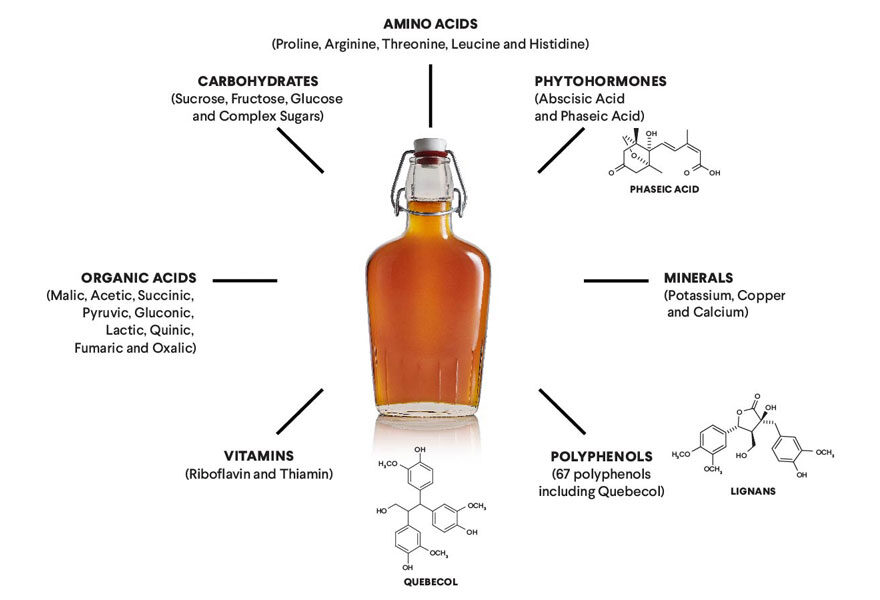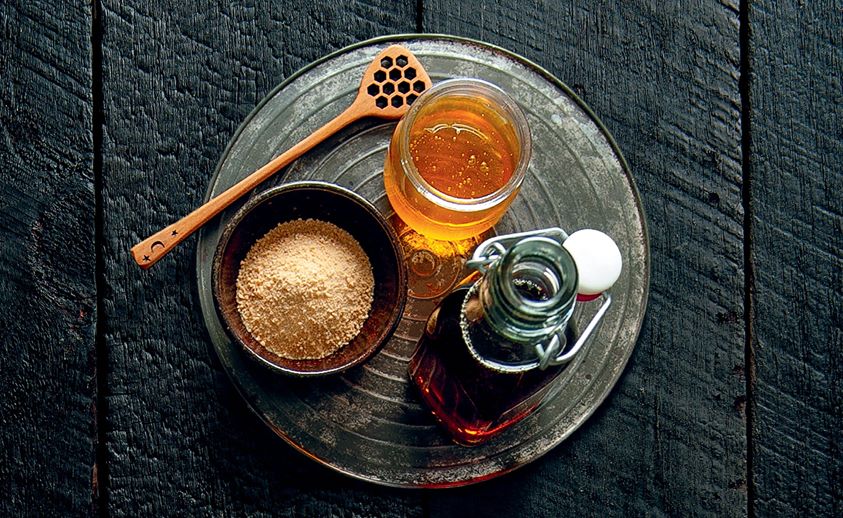The Magic of Maple: Maple Syrup's Anti-Cancer Properties
Maple syrup, renowned for its rich flavor as a natural sweetener, is stepping into the spotlight for its potential health benefits, particularly its role in cancer prevention. Recent scientific studies have begun to unravel how this beloved syrup, derived from the sap of maple trees, might contribute more to our health than just sweetness. This article delves into the latest research findings, examining how compounds found in maple syrup could combat cancer. As we explore these promising developments, we aim to provide a deeper understanding of maple syrup's potential as a functional food in the ongoing fight against cancer.
Understanding Maple Syrup's Composition
Maple syrup, more than just a sweet treat, contains a unique blend of natural components that differentiate it from common refined sugars. It is rich in antioxidants and phenolic compounds, which are bioactive molecules known for their health benefits. These compounds in maple syrup include over 67 different types that have been identified, such as quebecol, a novel compound named after the province of Quebec, where much maple syrup is produced. These antioxidants are crucial for their ability to neutralize free radicals, thus potentially reducing oxidative stress and inflammation in the body. The presence of minerals like manganese and zinc further enhances its nutritional profile, contributing to various physiological processes including immune function and bone health. Unlike simple sugars, which provide empty calories, the complex array of substances in maple syrup may offer protective benefits against certain diseases, including cancer.

Recent Studies on Maple Syrup and Cancer

Maple Syrup Compared to Other Natural Sweeteners
When exploring natural sweeteners for their health benefits, particularly in the context of cancer prevention, maple syrup emerges with notable distinctions. Unlike common sweeteners like honey, maple syrup contains a unique array of antioxidants and phenolic compounds. Research indicates that these compounds may have a potential role in combating oxidative stress and inflammation, which are linked to cancer development.
While honey is also praised for its antioxidant properties, maple syrup offers a different spectrum of phenolic compounds such as quebecol, which is formed during the boiling process of maple sap. Studies suggest that these specific compounds in maple syrup might modulate cancer-related pathways more effectively than those found in honey. For instance, the antioxidant activity in maple syrup has been shown to inhibit the growth of cancer cells, particularly in colorectal cancer, by interfering with the AKT signaling pathway—a critical mechanism in the progression of many cancer types.
This distinct molecular composition of maple syrup not only highlights its potential as a healthier alternative to refined sugars but also positions it as a potentially better choice among natural sweeteners for those concerned with cancer prevention. The ongoing research suggests that the bioactive compounds in maple syrup could one day be harnessed more effectively in the realm of nutraceuticals, offering more than just sweetness to our diets.

Practical Applications and Recommendations
Integrating maple syrup into a healthy diet requires mindful consumption, given its sugar content. To enjoy the potential health benefits of maple syrup, particularly its anti-cancer properties, consider replacing refined sugars and artificial sweeteners in recipes with maple syrup. Its rich flavor enhances dishes and beverages alike, making it a versatile ingredient for both sweet and savory recipes. However, moderation is key—like all sweeteners, excessive use can negate the benefits.
Continued research into maple syrup's health effects is promising and could influence future dietary guidelines. As scientists uncover more about its unique compounds and their impact on health, particularly cancer prevention, we may see more specific recommendations on how to incorporate maple syrup into cancer-preventive diets. Keeping abreast of new studies can provide insights into optimal consumption levels and further applications in health-focused eating.














Leave a comment (all fields required)